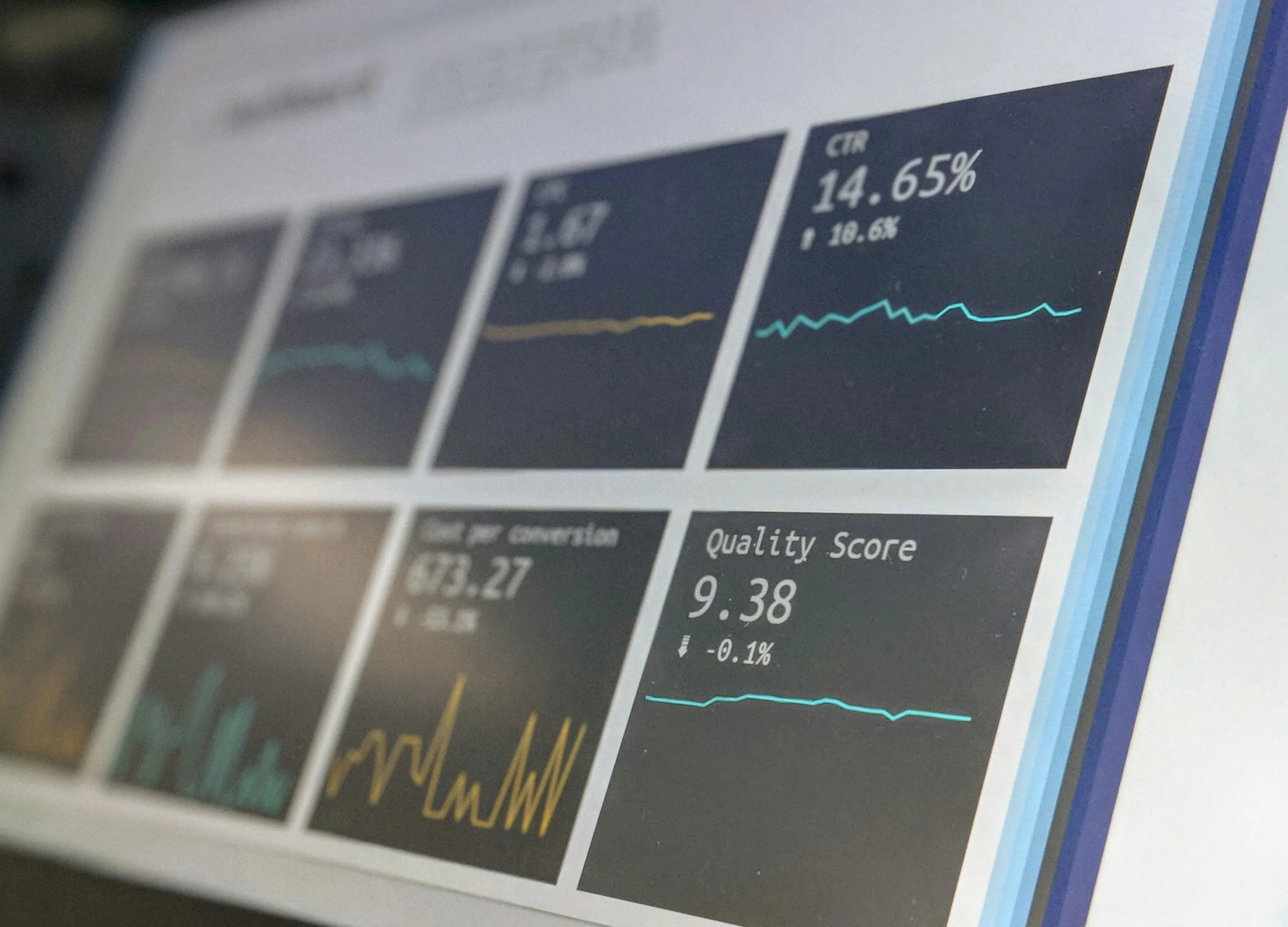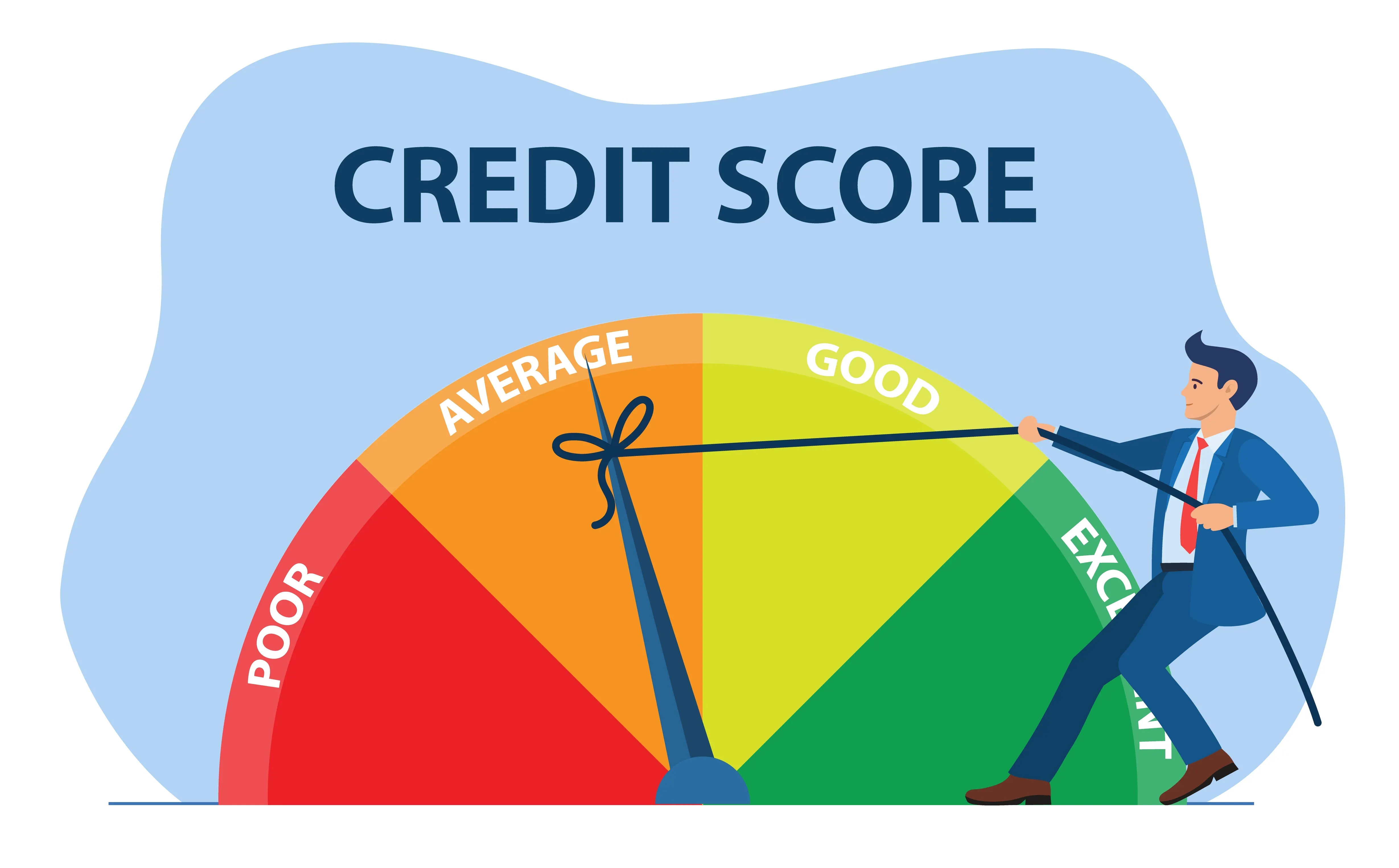Learn The Credit Game to Win Big
Ready to Score Big with Credit? Here's How to Get in the Game!
Yes, credit is nothing more than a game between the lenders, the credit bureaus and you…
and sometimes the deck is stacked against you. But, the dirty little secret about credit is that It’s more than just playing the game…
you gotta know the rules better than your opponent.
Start your 7-day trial today for $1.00
We are here to even the score and give you a better chance than ever to not only know the game better than your opponents, but to take advantage of the rules and win!

Solid Payment History = Big Rewards
Consistent on-time payments show you're a responsible borrower, leading to approvals and lower interest rates.

No Credit History? No Problem!
We've got options to help you build credit from scratch.

Low Score Holding You Back?
Don't worry, we have solutions to get your score moving in the right direction.
The offers below are your game plan for credit success, no matter your starting point.
Ready to take control and unlock a brighter financial future? Our step-by-step approach helps you rebuild, strengthen, and sustain your credit, giving you the freedom to qualify for better loans, housing, and opportunities

Tips and Tricks
Are you interested in learning more?
Fill up the form below and get our FREE offer
Spaulding Managed Credit, LLC is the proud owner of this website. Agoura Hills, CA 91301
Under federal law you have the right to receive a Credit Report from each of the three nationwide consumer reporting agencies once every 12 months. A Credit Score is not included.
IMPORTANT: Fix Your Own Credit is not a credit repair service organization. We do not claim to fix your credit as we are a self-help software.
You have a right to dispute inaccurate information in your credit report by contacting the credit bureau directly. However, neither you nor a credit repair company or credit repair organization has the right to have accurate, current and verifiable information removed from your credit report. The credit bureau must remove accurate, negative information from your report only if it is over 7 years old. Bankruptcy information can be reported up to 10 years. Credit bureaus are required to follow reasonable procedures to ensure that the information they report is accurate. However, mistakes may occur. You may, on your own, notify a credit bureau in writing that you dispute that accuracy of information in your credit file. The credit bureau must then reinvestigate and modify or remove inaccurate or incomplete information. The credit bureau may not charge any fee for this service. Any pertinent information and copies of all documents you have concerning an error should be given to the credit bureau. If the credit bureau's reinvestigation does not resolve the dispute to your satisfaction, you may send a brief statement to the credit bureau to be kept in your file, explaining why you think the record is inaccurate. The credit bureau must include a summary of your statement about disputed information with any report it issues about you. All product and company names and trademarks mentioned herein are the property of their respective owners.
